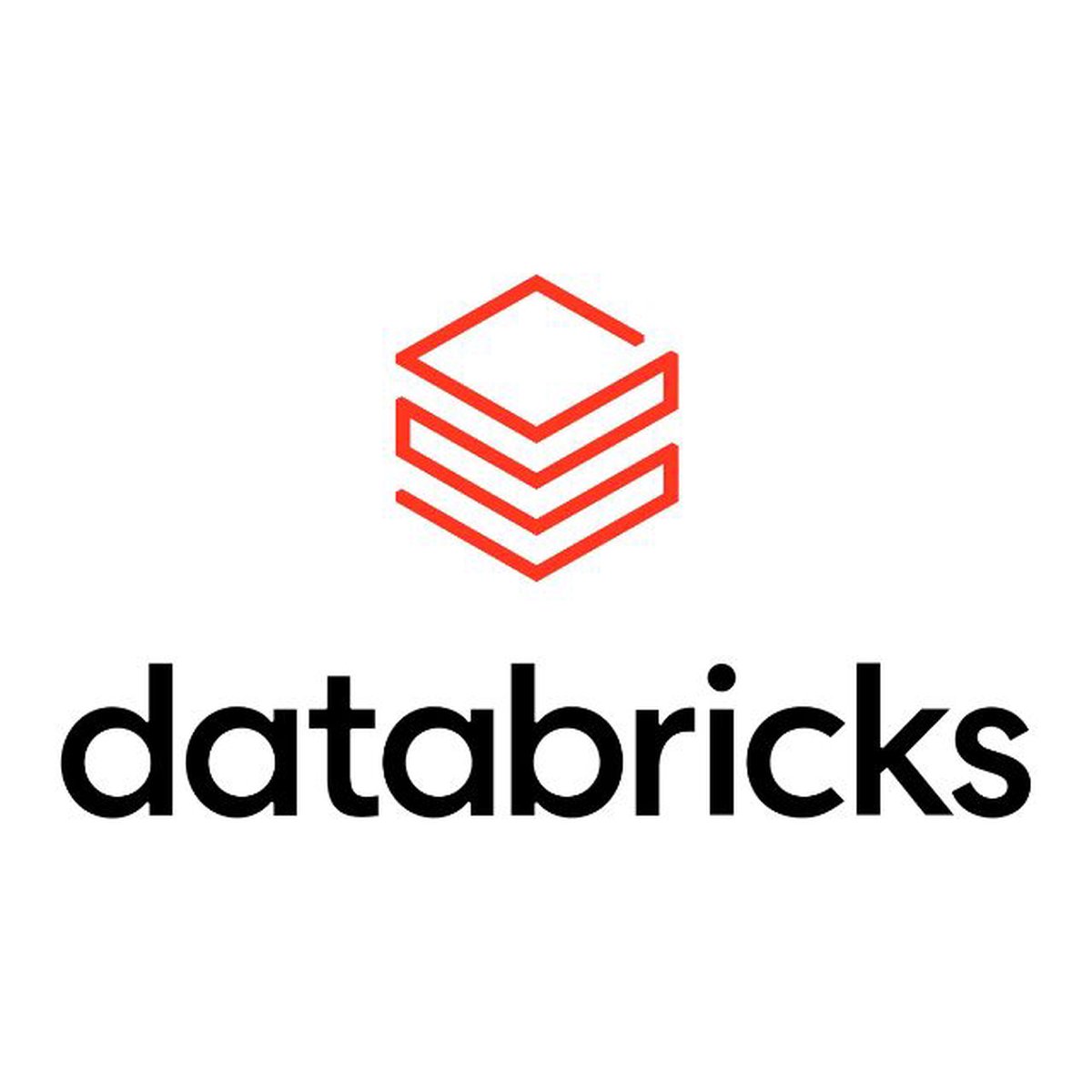Databricks
Databricks unifies data engineering, analytics, and AI on a lakehouse platform.

Databricks, Inc. provides a cloud-based platform that unifies data engineering, analytics, and artificial intelligence (AI) through its Data Intelligence Platform, built on a lakehouse architecture. Founded in 2013 by the creators of Apache Spark, Databricks combines the scalability of data lakes with the structure of data warehouses, enabling organizations to manage both structured and unstructured data for analytics and AI workloads. Headquartered in San Francisco, the company serves over 15,000 organizations globally, including major enterprises like Comcast and Shell.
The Databricks platform supports data processing and analytics through tools like Apache Spark, Delta Lake, and MLflow. Apache Spark enables large-scale data processing, while Delta Lake ensures data reliability with ACID transactions and versioning. MLflow streamlines machine learning workflows, from model development to deployment. The platform also includes Databricks SQL, a serverless data warehouse for running business intelligence queries with up to 12x better price/performance compared to traditional solutions. These tools integrate with major cloud providers like AWS, Microsoft Azure, and Google Cloud, offering flexibility and multi-cloud support to avoid vendor lock-in.
Databricks is designed for data engineers, data scientists, and analysts who need to process large datasets and build AI models. Its Unity Catalog provides governance features like data lineage and monitoring, ensuring compliance and security. The platform supports collaborative workflows, enabling teams to build data pipelines, perform real-time analytics, and develop generative AI applications. For example, organizations use Databricks to create predictive models, automate data ingestion, and share data securely across ecosystems via Delta Sharing.
Recent developments include integrations with Google Cloud for generative AI and acquisitions like MosaicML to enhance AI capabilities. Databricks also offers a marketplace for data and model sharing, fostering innovation. Its pay-as-you-go model charges based on usage, with premium tiers providing advanced security and governance, making it suitable for enterprises with complex data needs.
With a valuation of $62 billion as of December 2024, Databricks continues to expand its platform to address emerging use cases in AI and real-time analytics. The platform’s extensibility and focus on open-source technologies make it a robust choice for organizations building data-driven solutions.